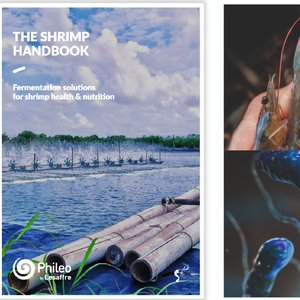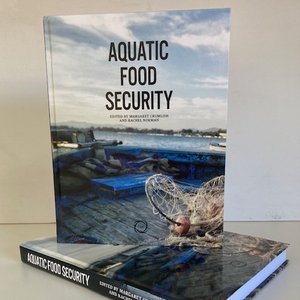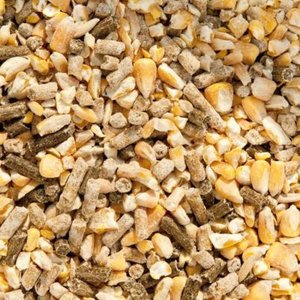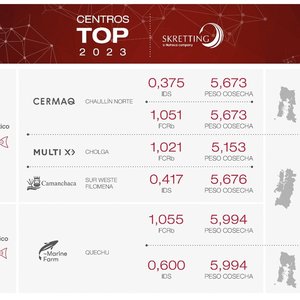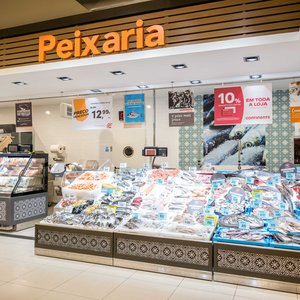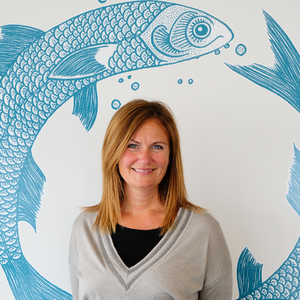Regal Springs’ tilapia operation in northwest Honduras is the subject of a new mini-documentary that is the second in a video series showcasing sustainable aquaculture around the world. Produced by the U.S. Soybean Export Council (USSEC) with funding from the soybean check-off program,
The Regal Springs/Aquafinca operation in Honduras is the first aquaculture facility worldwide to be certified by the Aquaculture Stewardship Council, according to stringent standards that must be met for the health of the fish, environmental impact, and social justice and community support, in order to be certified as sustainable. USSEC has provided support for Regal Springs/Aquafinca in the form of training, feed formulation trials, seminars, and technical consultation.
Replacing wild-caught fishmeal and fish oil in feed with soybean meal lowers the fish‐in:fish‐out ratio of feed, which helps to enhance overall sustainability of farmed fish. Regal Springs’ vertically integrated operation in Honduras consists of a hatchery, two grow‐out locations in Lake Yojoa and El Cajon Reservoir, a processing plant and feed mill.
The fish are raised from hatch to harvest, and every part of the fish is utilized in processing ‐ for example, producing bio-diesel and fishmeal and fish oil for shrimp feed from trimmings - so that there is no waste from the processing plant. Sustainability is at the core of Regal Springs’ business philosophy, and translates not just into environmentally sound production methods and no-waste processing technology, but also social programs for the company’s workers and communities in which they do business. These programs include providing educational resources and building schools in the area, managing a forest conservation program, stock enhancement for local fishermen, and providing fingerlings for community aquaculture projects.
“Regal Springs’ tilapia operations around the world are a good example of modern aquaculture as a sustainable business enterprise,” said Dr. Michael Cremer, International Aquaculture Senior Program Advisor at USSEC. “Aquaculture will continue to be a major source of healthy food for a growing population. Regal Springs shows how to scale up responsibly and sustainably to produce a healthy, high quality food.”


